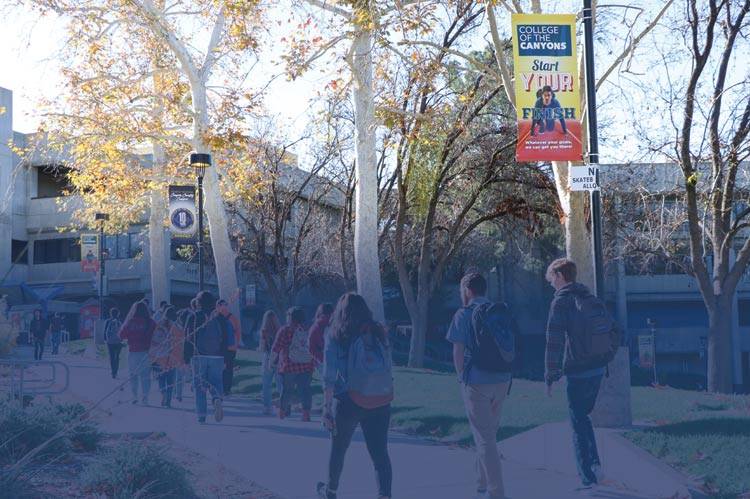ESL 100 Course
Student Learning Outcomes
- Compose thoughtful, well-organized, grammatically-correct, multi-paragraph essays, using properly documented outside sources and personal experiences.
- Distinguish and analyze basic elements of fiction and non-fiction found in introductory college readings.
- Employ academic discussion and presentation techniques in response to academic
Objectives
Reading:
- Read college-level texts and primary source reading materials.
- Identify the example, comparison/contrast, cause-effect, process, and argumentation rhetorical modes.
- Utilize learned reading skills in the analysis of texts.
- Paraphrase, conclude, and synthesize in the analysis of texts.
- Analyze and clearly articulate his/her own opinion on the text.
Discussion:
- Use the techniques of Interrupting, Clarifying, Repeating, Asking for Clarification, Disagreeing, and summarizing in pair work, group work, and class work.
- Articulate own and others' key ideas and points in comprehensible
Writing:
- Write multi-paragraph essays in a variety of rhetorical structure with clear unity, coherence and structure.
- Write in accurate academic English with minimal grammatical
- Identify grammatical weaknesses and develop strategies for correcting and
- Document external sources with parenthetical citations and a Works Cited list using MLA
- Use advanced grammatical structures with a high level of
- Synthesize ideas from sources with his/her own.

 My Canyons
My Canyons  Canvas
Canvas 
